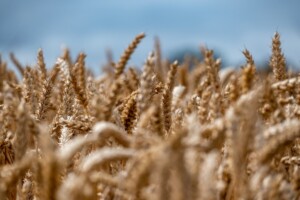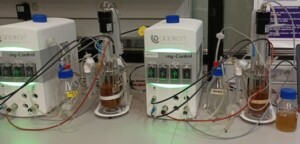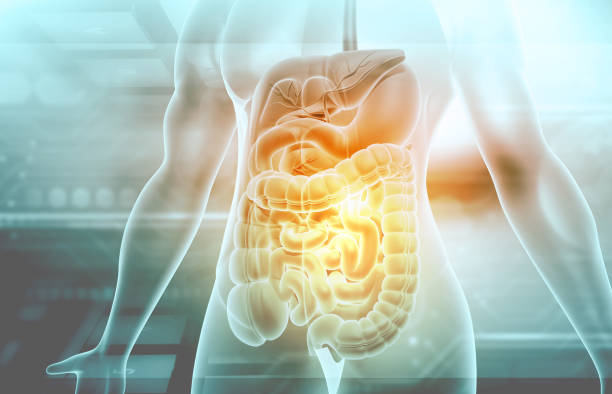The food consumed alters the gut microbiome’s diversity and functional metabolic capacity, with potential impacts on the host’s health. It is essential to know how the improved wheat crops have an impact on ruminant and human microbiota. To investigate this, we use gastrointestinal simulators with colonic fermentation models that allow us to simulate the different parts of the intestine and study how a certain added food product, which in this case would be wheat, affects the microbiota. Using massive sequencing and metabolomics techniques, one of the partner of the project (CSIC-IATA) analyze how the nutritional improvement of wheat is capable of modulating the microbiota, improving both animal and human health.
Improving the quality and nutritional value of wheat-derived foods and feeds

TIBIOME will assess the physicochemical nutritional properties of the valorized wheat crop flours and wheat derived products, including the macro- and micronutrient contents and safety aspects related to the presence of heavy metals and spoilage microorganisms and foodborne pathogens. In addition, sensory characteristics such as color, odor, and taste will be assessed in wheat derived products to evaluate the effect of the innovative agricultural practices on the final quality and consumer’s acceptance of the products elaborated from these flours.
Improving animal health and the environment

The effect of valorized wheat-based feedstuffs on the rumen microbiome will be evaluated using in vitro Ankom system, as rumen microbiome reacts and adjusts to the changes in the diet or dietary compounds. In in vitro bioreactors, feed digestibility, fermentation and gas emission will be assessed. In addition, a study on dietary protein use efficiency will be conducted using data from the in vivo experiment conducted with dairy cows. Optimization of dietary protein intake is necessary to minimize feed costs and environmental pollution by excretion of undigested dietary nitrogen without compromising milk production in ruminants.
Improving human gut microbiome and health
The effects of upgraded wheat varieties obtained through microbiome-modulating agricultural practices on the gut human microbiome and metabolome will be evaluated in TRIBIOME. Using microbiota-humanized gastrointestinal models, the potential shifts in the microbiome biodiversity and functions and the microbially produced metabolites resulting from the consumption of innovative wheat foodstuffs will be identified. Moreover, the effects of those changes on health outcomes will be assessed using in vitro human host cellular systems to infer possible impacts on immunity and metabolism.
Conclusion
TRIBIOME is an innovative project with the ultimate goal of improving the productivity and, nutritional and healthy quality of wheat-based foods and feedstuffs. Using innovative soil microbiome-modulating strategies, the wheat produced could have an additional nutritional value for animal and human health and, at the same time, help protect the soil and the environment minimizing the impacts of climate change. We are currently developing the methodology of gastrointestinal simulators to study the effect of wheat on the modification of the microbiota.

Want to know more?
Contact catherine.malingreau@wagralim.be or Follow the project’s LinkedIn page

